Optimal Timing for Water Treatments
Water treatments are essential for maintaining water quality and ensuring safety in various applications. The timing of these treatments can significantly impact their effectiveness and longevity. Proper scheduling depends on factors such as water usage patterns, seasonal changes, and water quality assessments.
Spring is an optimal time for water treatments due to increased water flow and the need to prepare for higher usage during the warmer months.
Fall treatments help address sediment buildup and prepare water systems for winter conditions, reducing the risk of freezing and damage.
Conducting treatments before peak usage seasons ensures water quality is maintained during periods of high demand.
After repairs or system upgrades, treatments restore water quality and prevent contamination.
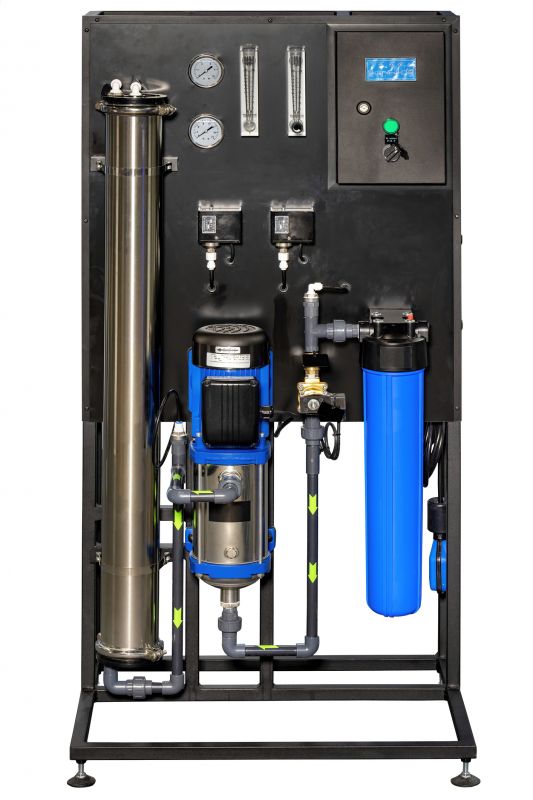
Water treatment systems and equipment used in various applications.
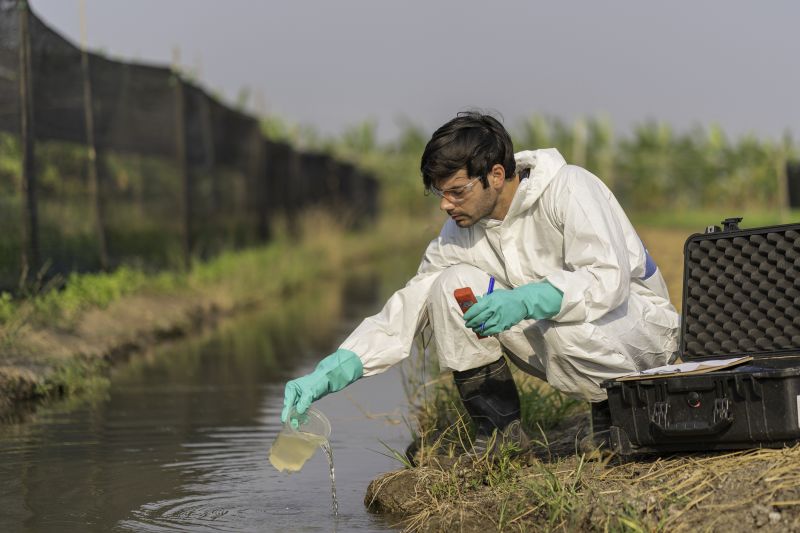
Samples being analyzed to determine water quality and treatment needs.

Application of chemicals to purify and treat water systems.
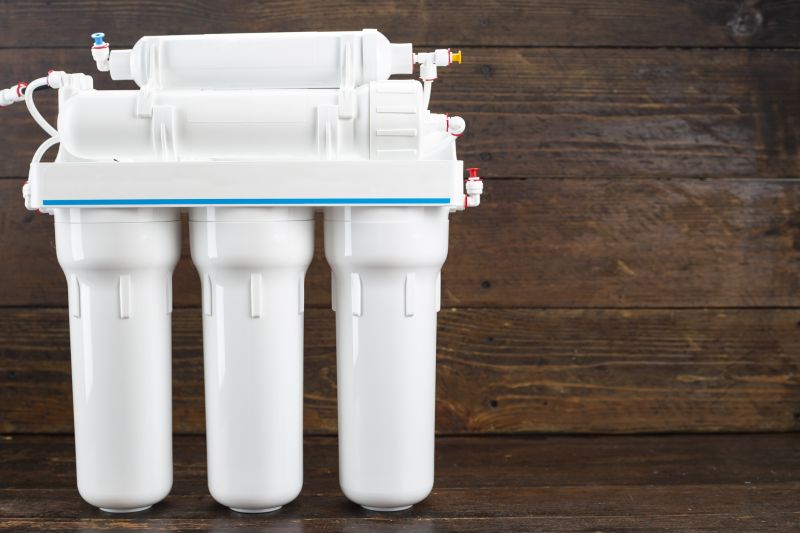
Advanced filtration systems removing impurities from water.
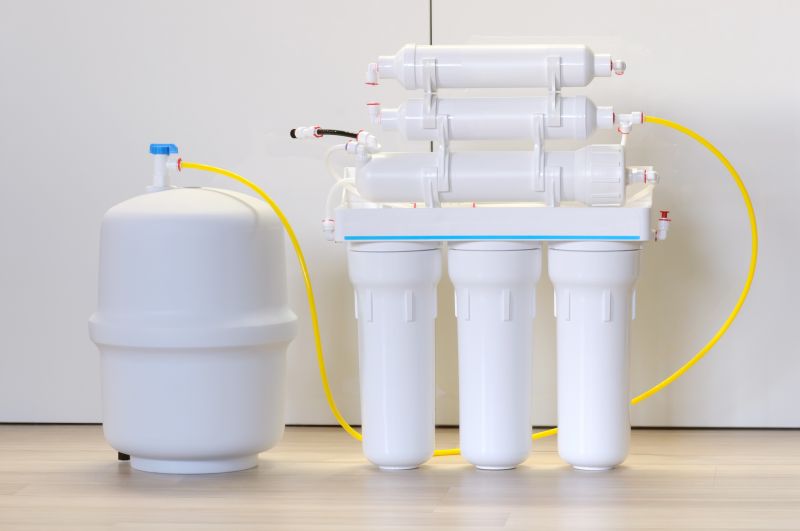
Monitoring devices used to ensure water meets safety standards.
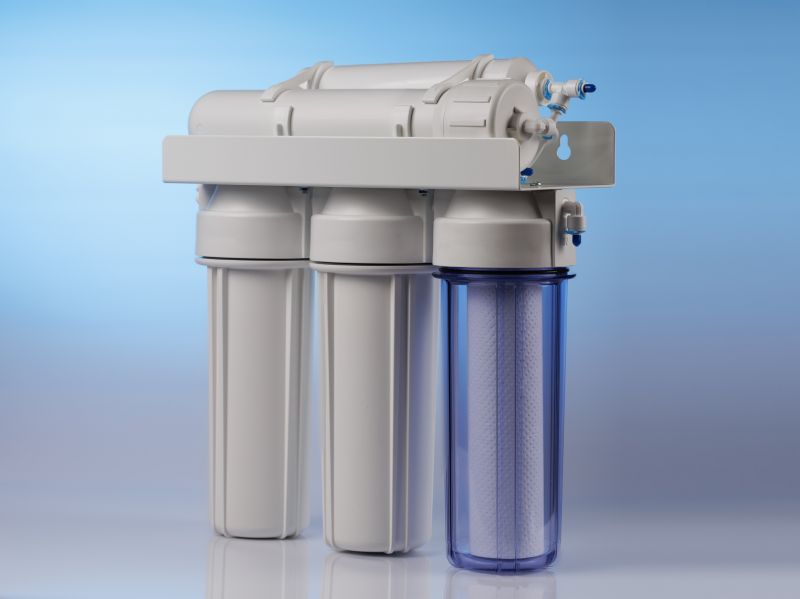
Preparation of water systems for seasonal changes.
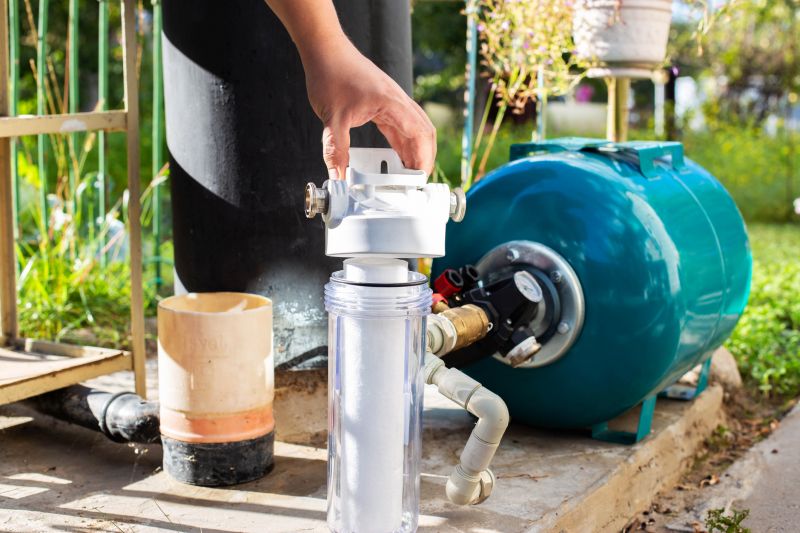
Regular upkeep of water treatment components.
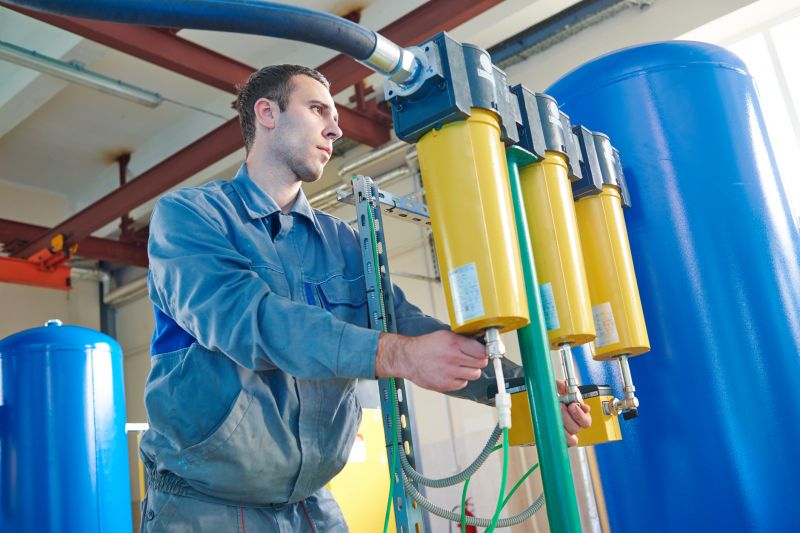
Technicians performing treatment procedures.
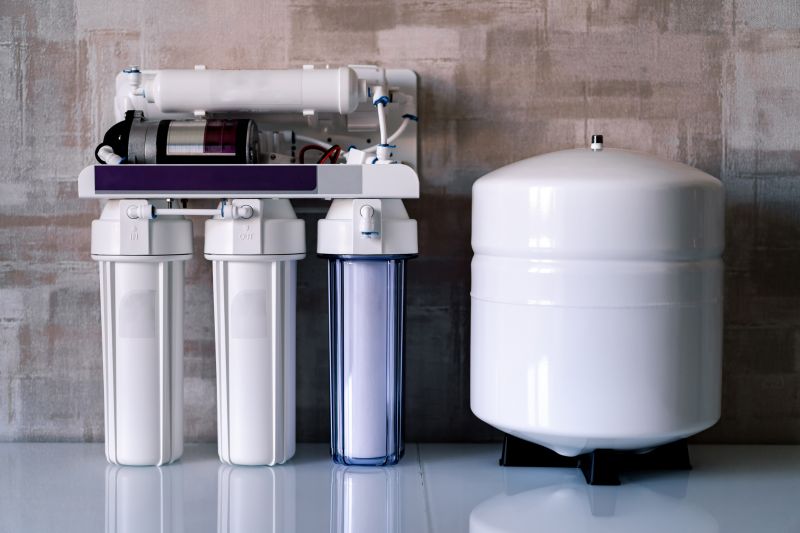
Laboratory analysis for bacterial contamination.
| Season or Timing | Recommended Treatment Activities |
|---|---|
| Spring | Inspect system, perform chemical flush, and test water quality. |
| Summer | Monitor for algae and bacterial growth, conduct routine testing. |
| Fall | Remove sediment buildup, winterize systems, and perform chemical treatments. |
| Winter | Maintain system integrity, prevent freezing, and monitor water quality. |
| Post-Repair | Disinfect and test water after system repairs or upgrades. |
| Pre-Season | Prepare systems for increased usage, perform thorough cleaning. |
| Routine | Schedule regular maintenance and testing to ensure water safety. |
| As Needed | Respond to water quality issues or system malfunctions. |
Water treatments are crucial for ensuring water safety, removing contaminants, and maintaining system efficiency. Proper timing can prevent issues such as bacterial growth, sediment accumulation, and equipment corrosion. Regular assessments and scheduled treatments help sustain water quality and comply with safety standards.
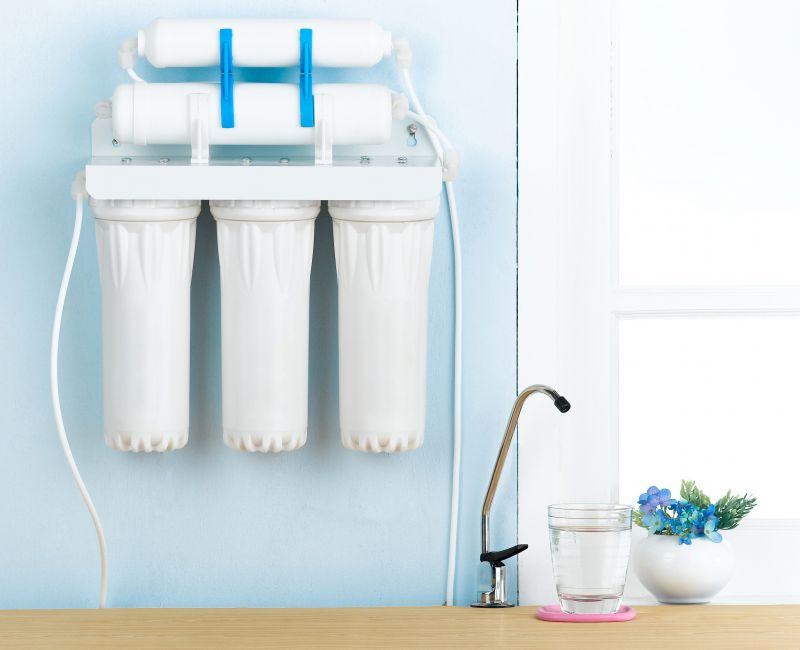
A modern water treatment system in operation.
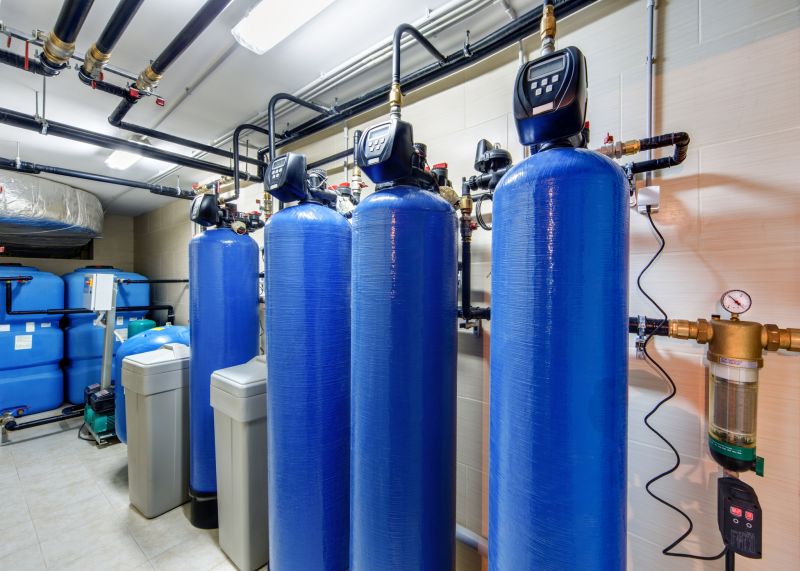
Samples being analyzed for contaminants.
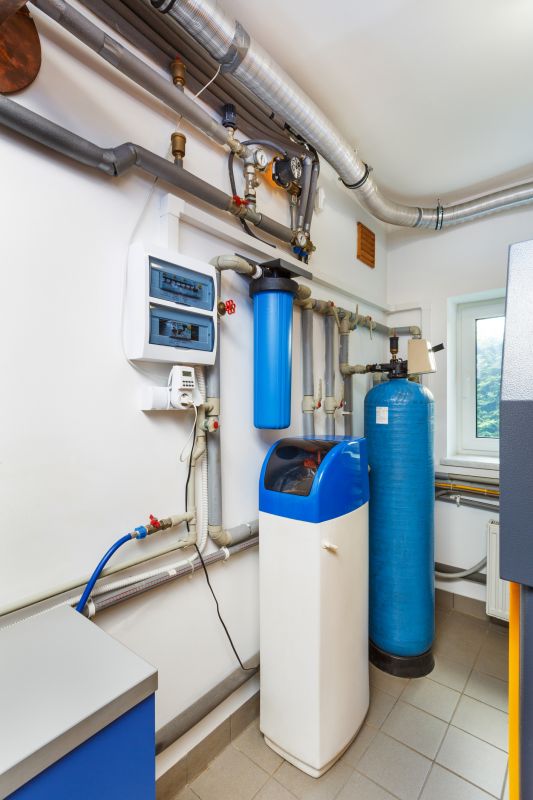
Application of treatment chemicals in water systems.
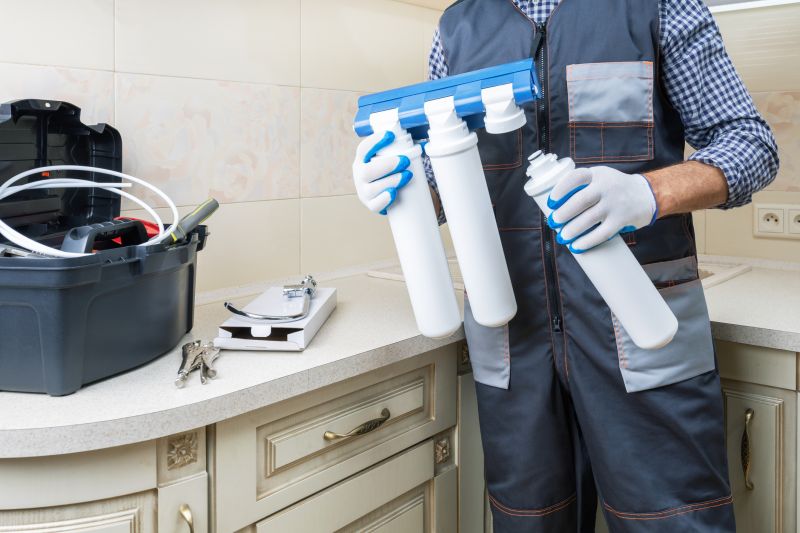
High-capacity filtration units for water purification.
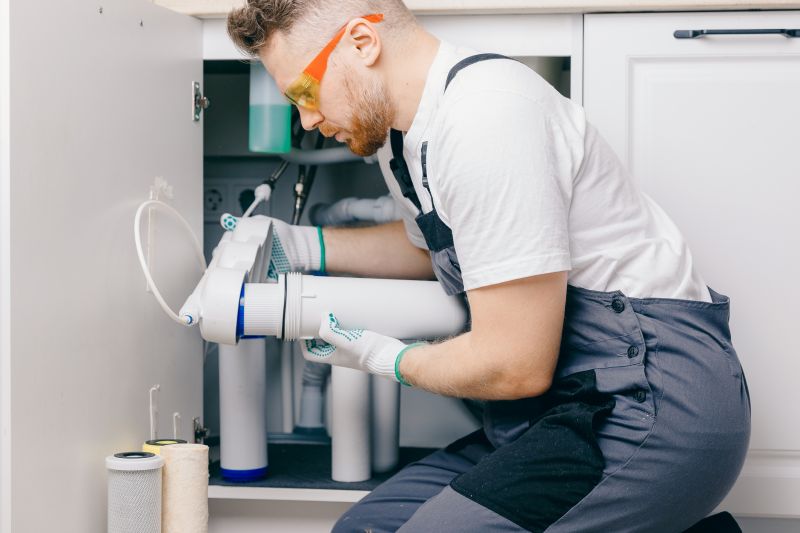
Ways to make Water Treatments work in tight or awkward layouts.
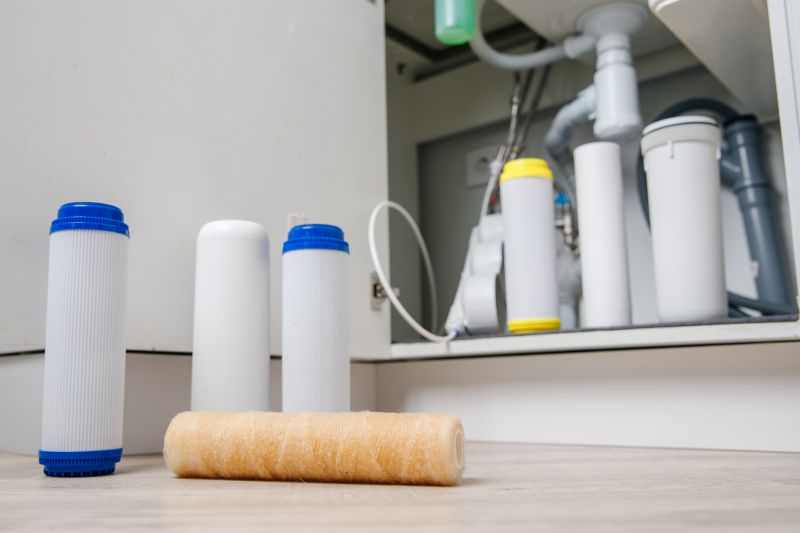
Popular materials for Water Treatments and why they hold up over time.
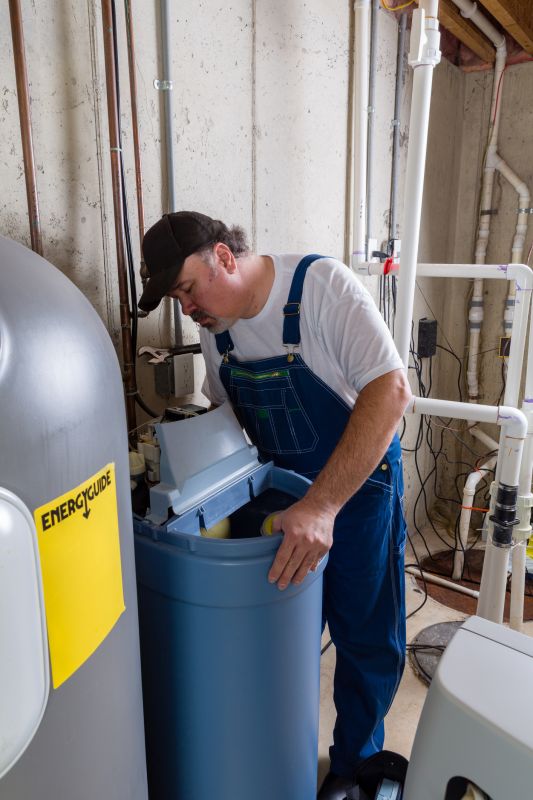
Simple add-ons that improve Water Treatments without blowing the budget.
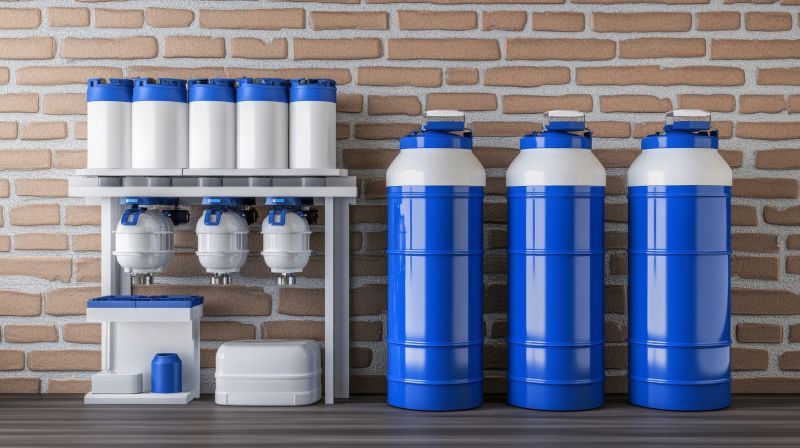
High-end options that actually feel worth it for Water Treatments.
Interested in scheduling water treatments or learning more about optimal timing? Filling out the contact form can provide tailored guidance and support for maintaining water quality throughout the year.
